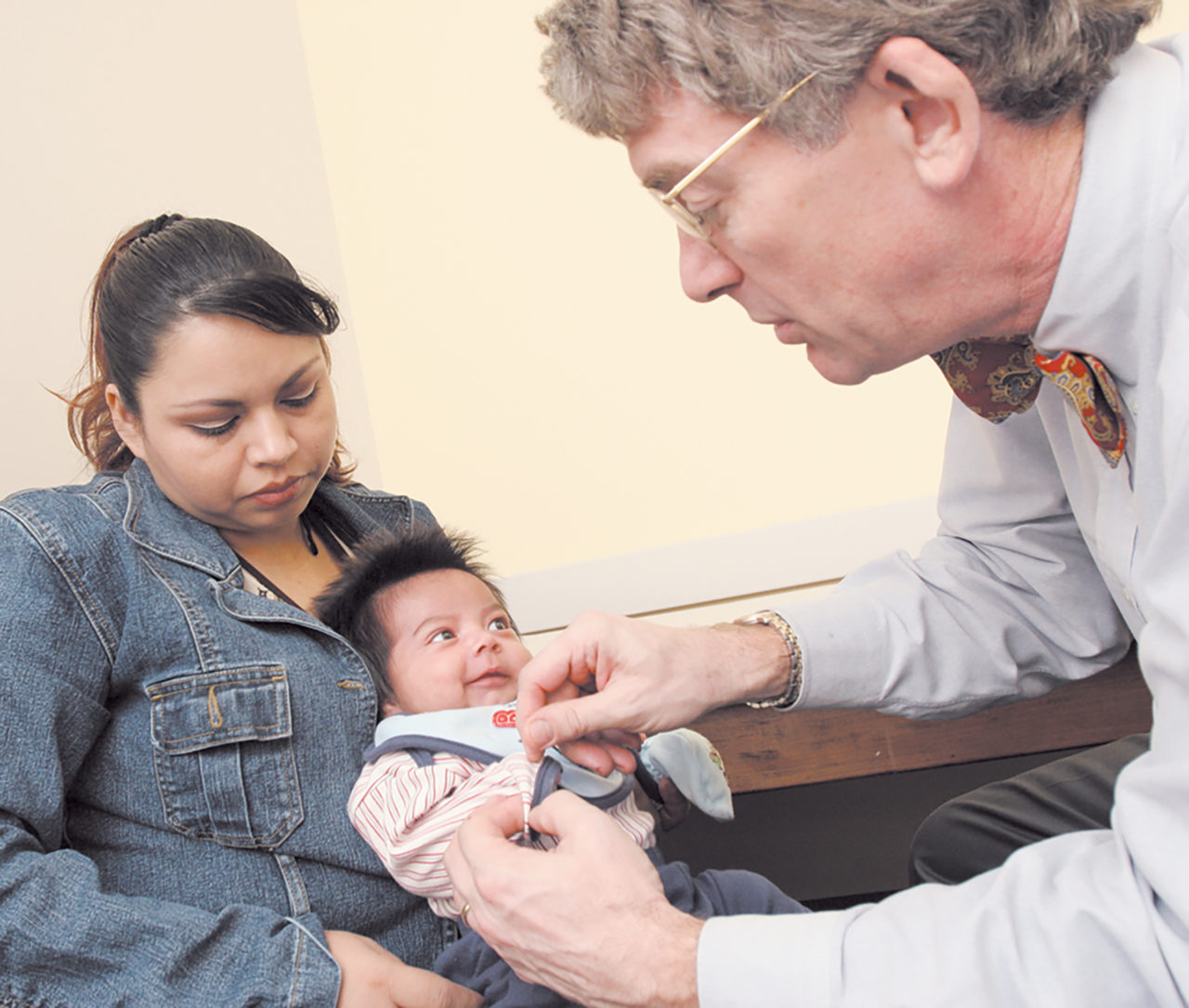 Special to Medical Journal – Houston
Special to Medical Journal – Houston
By TED SHAW, President/CEO, Texas Hospital Association
Promoting the health of mothers and babies is a priority for everyone who works in health care. A healthy baby has a better chance of growing into a healthy child and a healthy and productive adult. Texas hospitals have a privileged and cherished role in this work.
Beginning in 2018, nearly all Texas hospitals that offer labor and delivery services voluntarily participate in TexasAIM, a national program focused solely on reducing maternal mortality and morbidity. There is no financial incentive for hospitals to participate. The 92 percent participation rate reflects Texas hospitals’ deep commitment to partnering with physicians, policymakers, and advocates to make Texas the healthiest state in the country for moms and babies.
Yet, in the state with the largest number of residents without health insurance, access to comprehensive pre-natal and post-natal care for all Texas moms and babies is a challenge—reducing the likelihood of a healthy mom and baby. At the same time, poor individual health behaviors, such as smoking, and environmental factors, such as air pollution, contribute to poor maternal health outcomes. Another complicating factor is the fragility of the state’s rural hospitals. While 19 rural hospitals have closed since 2013, more have reduced their services, most commonly labor and delivery, leaving rural women with no access to routine obstetrics care or to labor and delivery services close to home. Today, just 66 of the state’s more than 160 rural hospitals provide labor and delivery services.
Public health advocates, including Texas hospitals, have worked closely with lawmakers and state health agencies over the last decade to identify needed public policies to improve the health of Texas moms and babies. Beginning in 2011, state health agencies have worked to establish criteria and assign levels of care for neonatal and maternal care for hospitals. As a result, Texas hospitals are required to receive from the state a level of care designation for their neonatal intensive care units in order to receive Medicaid payment for neonatal services provided. By September 2020, Texas hospitals will be required to have a maternal level of care designation from the state in order to receive Medicaid payments for maternal care services provided. In addition, Texas hospitals have long been required to report births and deaths in the state vital events registry, a system which was recently replaced, in part, because errors associated with the registry overinflated maternal deaths in Texas.
While progress is being made, more work needs to be done, particularly to improve access to health care. To that end, in the last legislative session, Texas hospitals supported legislation that qualifies mothers of children whose births are covered by Texas Medicaid or the Children’s Health Insurance Program for mental health screenings and referrals when the mothers take their infants in for a check-up. This session, Texas hospitals support legislation to extend Medicaid eligibility post-partum from the current 60 days to 12 months to ensure new moms receive necessary follow-up health services and appropriate family planning. Texas hospitals are dedicated to protecting and promoting the health and wellbeing of all mothers and babies, but it takes a village, and public policy support is critical.


